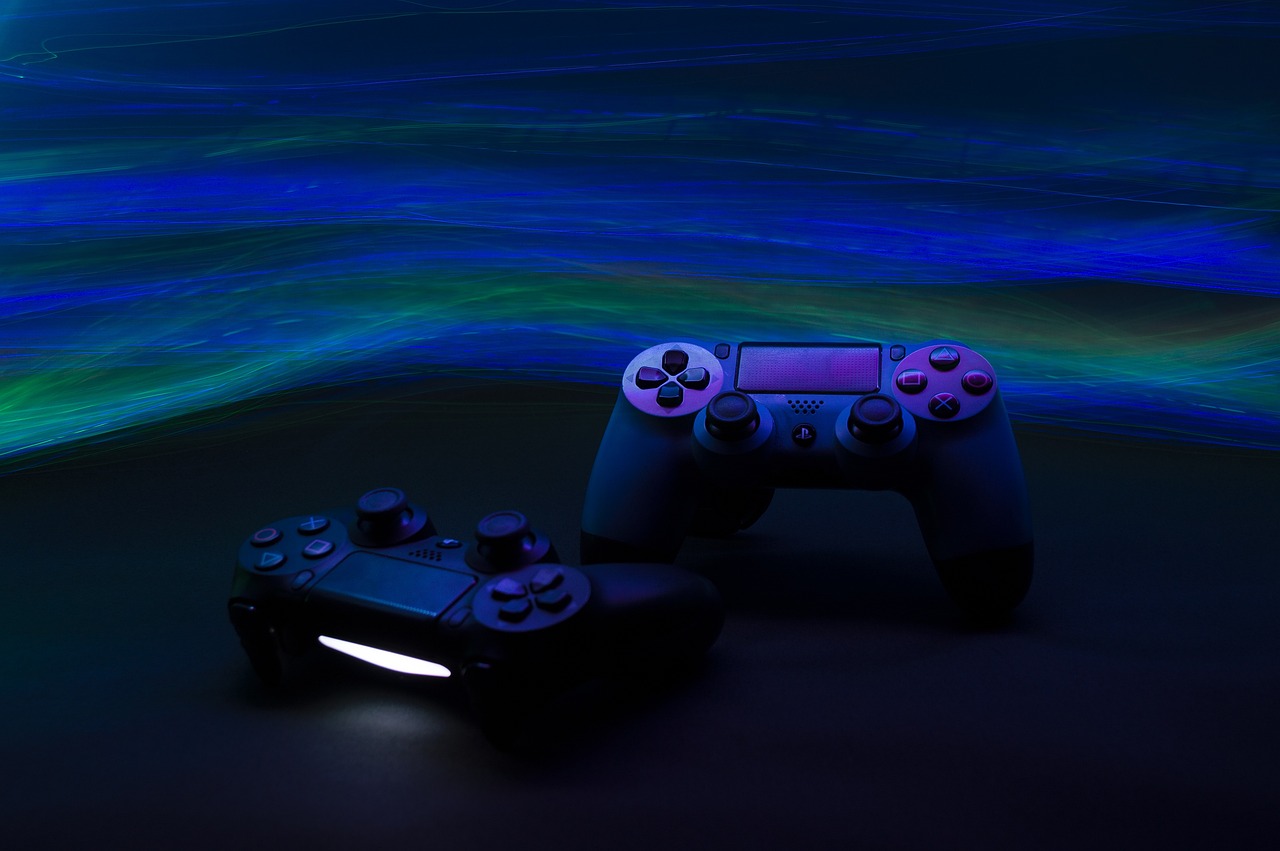There’s a common perception that gaming discourages concentration and focus. But as it turns out, that may not be the entire story. In fact, the opposite appears to be true. Let’s look at the facts.
As adult gamers, we often find ourselves navigating the intricate worlds of gaming, where every decision and action requires acute concentration. But beyond the screen, there’s a growing conversation about how gaming impacts our cognitive abilities, particularly our attention and focus.
We’ll dive into the heart of this digital paradox.
By way of technological innovations, gaming is one of the largest forms of entertainment in the world. Therefore, its easy to see why any of its perceived negative attributes could have startling ramifications for society. To think that gaming is causing attention issues in a world where ADHD runs rampant is unsettling given that children and adolescents are gaming at an all time high.
However, things aren’t what they seem. Gaming may in fact help focus and reaction time.
And there’s science that backs it all up.
A study of more than 2,000 kids found plentiful beneficial changes in brains and associated behaviors. The Adolescent Brain Cognitive Development (ABCD) Study examined the effects of playing video games on children’s brains. Some tasks, which placed gamers and non-gamers against one another, involved reaction tasks such as matching an arrow direction on screen by selecting it on the keyboard. The gamer kids outperformed the non-gamer kids across the board.
The study suggests that playing video games may improve cognitive function. The study used MRI scanners while the kids performed task. However, more research is needed to confirm these findings and to understand the long-term effects of video games on the brain.
In 2022, a scientific article looked at the effects of action video games on young adults’ attention, anxiety, and sleep. The study recruited 97 participants and divided them into two groups: expert gamers and non-expert gamers. The researchers assessed the participants’ attention, anxiety, and sleep using questionnaires and tasks. The results showed that expert gamers had significantly faster reaction times than non-expert gamers, indicating better attention. However, there were no significant differences in anxiety or sleep quality between the two groups. The study suggests that action video gaming can improve attention but does not seem to have a negative impact on anxiety or sleep in healthy adults.
There are also games specifically designed to improve the brain. This can be for adults combating aging brain issues, or people who simply want to become smarter.
Conclusion
Contrary to popular belief, gaming isn’t just a pastime; it’s a cognitive exercise that can sharpen our focus and enhance our attentional capabilities. The key, however, lies in balance.
In moderation, gaming can be more than entertainment; it can be a gateway to a more focused and attentive mind.
